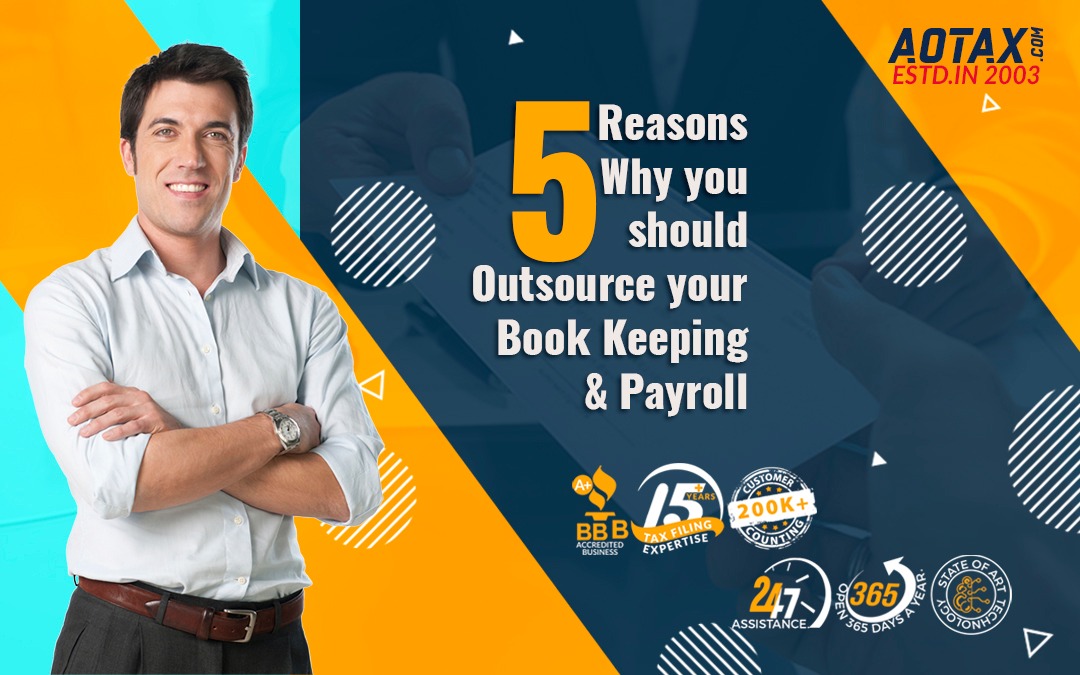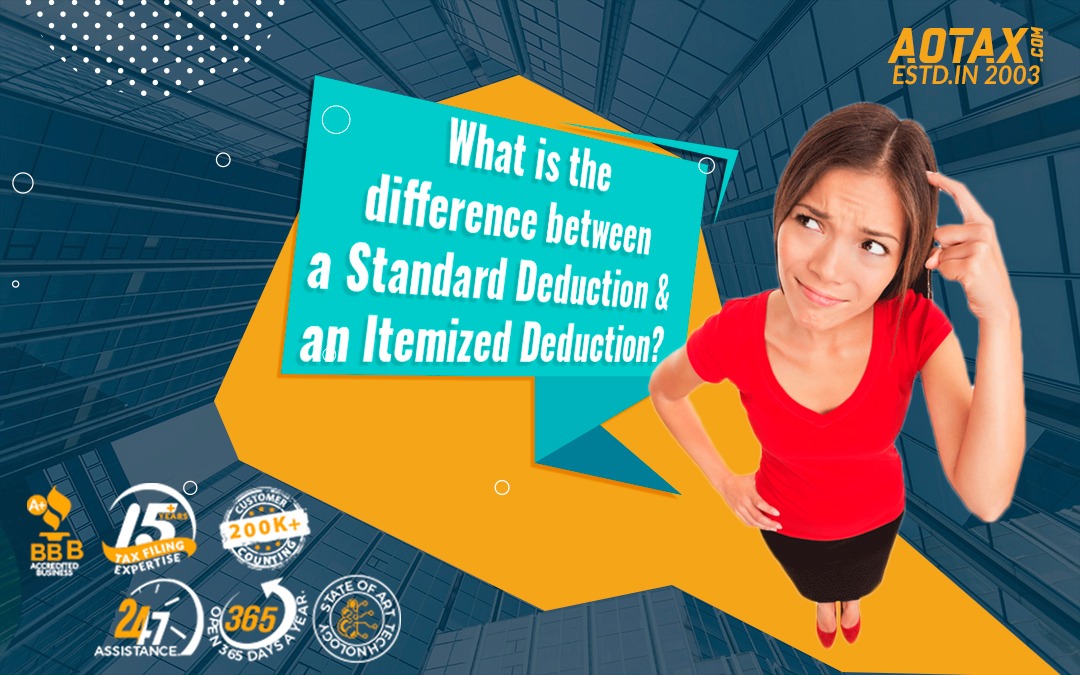
5 Things you should know when transferring money from India to USA and USA to India
5 Things you should know when transferring money from India to US and US to India
The chances of you crossing the border relocating to a different place for work or other reasons is much higher than what it was some time back. Be it a vacation, studies, work or travel from work, reasons are plenty. And one of the fundamental things that you would need during these trips is transferring money.
Since two different country and currency is involved, transferring of money is not that straight forward. There are a few things that you should be aware of if you want to transfer money either from India to the USA or vice versa. Here are some of these factors.
-
Exchange Rate
This is one of the leading factors that you should have in mind during transfers between India and the USA.
- Look for vendors that offer the lowest exchange rates, as it eats into the amount that you wish to transfer.
- While it is mandatory for transfer companies to mention the exchange rates in the USA, no such rules exist in India.
- You also would need to look into the hidden charge’s association with the transfer so as to ensure that the maximum amount remains with you.
- You also have the option to look into live financial charts to know the right time to exchange money.
- Lastly, there are certain taxes that are applicable to the transactions. So, you need to be conscious of that as well.
-
Transfer Fees
The companies in charge of transferring money charge a small portion as transfer fees. Needless to say, it varies from companies.
- If you are someone who wants to transfer smaller amounts on a regular basis, opt for a company that charges fees on the total transaction amount.
- However, for larger transfers, it is recommended to go for companies charging a flat transaction fee.
-
Transfer Limits
When it comes to transferring money, you are bound to come across some limits or the other. The limits can either be imposed by the companies in charge of the transfer or by local laws. Thus, do not forget to look into the limits on offer by different transfer companies.
-
Transfer Duration
Another important factor that might influence your decision to choose a vendor or transfer company is the transfer duration.
- Wire transfer is one of the oldest and most trusted forms of fund transfer. However, it usually takes about 3-5 working days.
- Some vendors might offer a quick turnaround time for transfer.
- The duration to transfer cryptocurrency can be much shorter, in some cases even a few minutes.
- Depending on the urgency, you can decide which vendor to opt for.
-
Wire Transfer
One of the easiest ways to transfer funds between India and the USA is via wire transfer. Here are some things to consider in a wire transfer.
- It is a slightly more expensive option compared to other options available.
- Wire transfer is more convenient when you compare them with bank drafts.
- On average they take any time between 1 to 5 working days to transfer the fund.
The options are a bit limited when it comes to transferring funds between India and the USA. However, depending on your need and amount, you can choose from either utilizing your existing bank or forex companies for the transfer.
As a general rule of thumb, the transfer fees and charges related to forex companies is lower when pitched against banks. The above should help you handle money transfers between India and the USA in a much more organized way.





Recent Comments